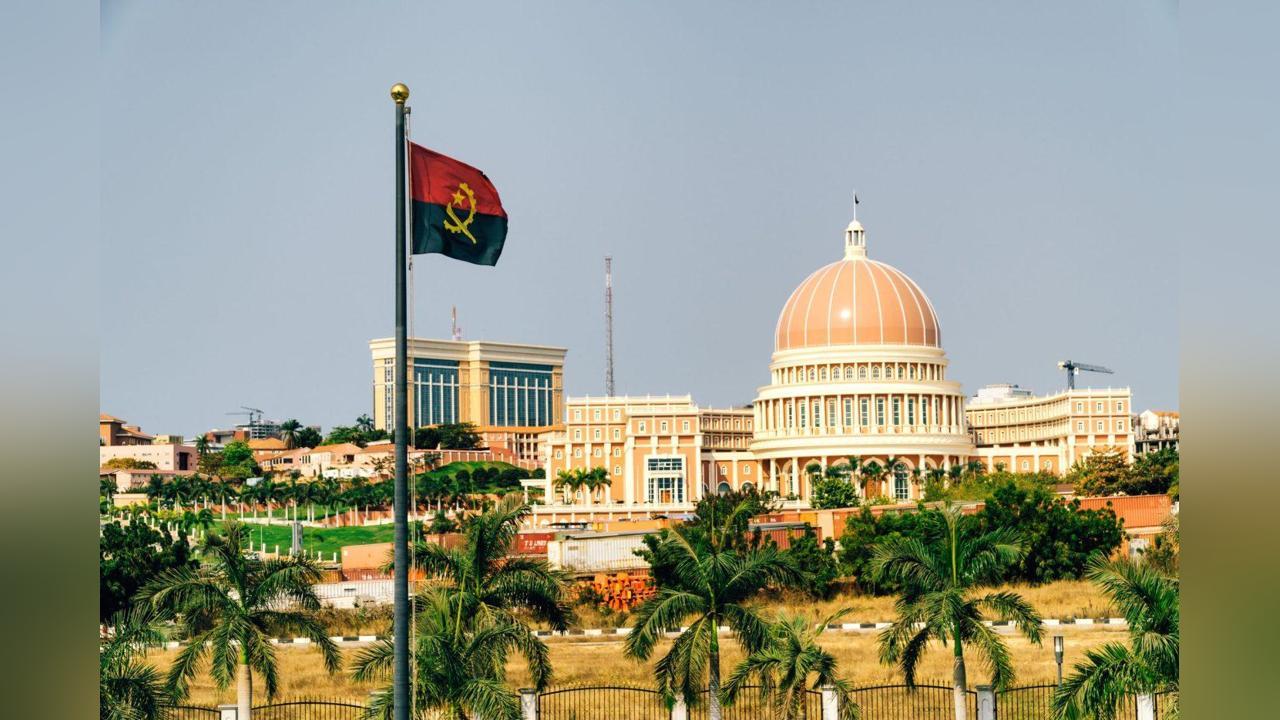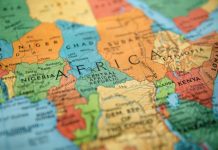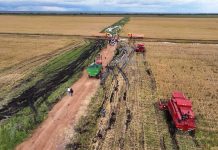Africa-Press – Angola. The 3rd Summit on Financing Infrastructure Development in Africa opened on Tuesday in the Angolan capital Luanda, with the participation of several African heads of state and government and African Union officials.
Organised by the African Union Development Agency (AUDA-NEPAD) and the African Union (AU) Commission, in collaboration with the government of Angola, the summit is being held from 28-31 October.
The opening ceremony will feature speeches by Angola’s President João Lourenço, Comorian President Azali Assoumani, Togolese President Faure Gnassingbe, AU Commission Chairperson Mahmoud Ali Youssouf, Burundian Prime Minister Nestor Ntahontuye and Egyptian Deputy Prime Minister Kamel Al-Wazir.
This meeting is being convened at a time when Africa faces an infrastructure financing gap of over $100 billion and is preparing to mobilise the $1.3 trillion needed to implement the Continental Power Master Plan to create a single African electricity market by 2040.
The Programme for Infrastructure Development in Africa (PIDA) alone requires $16 billion annually to implement transformative cross-border projects that will help realise the continent’s industrial, trade and energy ambitions by 2030.
As current AU chairperson, Lourenço has placed infrastructure financing at the heart of his continental agenda.
Speaking at the AU in March 2025, he stated that infrastructure is one of the key pillars of the African Union’s Agenda 2063.
“We must mobilise all available financial resources to achieve our goals, whether it be roads, railways, ports, power lines or digital networks,” he said, calling for a continental infrastructure conference in 2025.
The Luanda summit responds directly to this call.
Through negotiation rooms and investment pitch sessions, African governments and
institutions will present their infrastructure portfolios to potential investors, with the aim of securing financial commitments for regional corridors, power generation and transmission, logistics platforms and digital networks.
Strategic corridors such as the Lobito Corridor, LAPSSET and the Dakar-Bamako-Djibouti road will be presented as integrated models combining infrastructure, trade and industrial development.
A central theme of the summit will be Africa’s ongoing quest for universal energy access.
Through PIDA energy projects, the Single African Electricity Market and the Continental Power Systems Master Plan, the summit will explore financing mechanisms to address energy access gaps for the more than 600 million Africans who lack access to electricity.
The summit will also strengthen collaboration with philanthropic organisations and climate-aligned capital to co-invest in sustainable energy infrastructure, particularly in underserved regions.
This meeting also coincides with the PIDA midterm review, an important milestone that will assess progress made and set strategic direction for the second half of the PIDA PAP 2 cycle.
As Africa positions itself to play a leading role in the global digital and artificial intelligence revolution, the Luanda summit will examine how digital infrastructure, financial technologies, and AI can enable smarter planning, improved service delivery, and greater financial inclusion.
Water security and infrastructure will also be on the agenda, with particular attention paid to sustainable financing for transboundary water resources management and climate change adaptation infrastructure.
At the same time, the summit will emphasise the imperative of mobilising domestic capital.
With over $70 billion available annually in African pension funds and sovereign wealth funds, new models of public-private cooperation will be explored to unlock these resources for long-term infrastructure investments.
This continental momentum is aligned with Africa’s positioning on the global stage.
Under South Africa’s G20 presidency in 2025, Africa has a unique opportunity to make infrastructure financing and energy access a global priority.
The Luanda summit will serve as a key African platform to fuel global dialogue and reaffirm Africa’s leadership in proposing solutions that work for the continent and the world.
For More News And Analysis About Angola Follow Africa-Press






